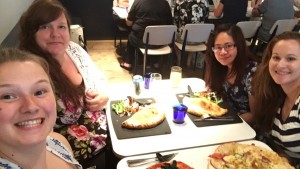
Polly, Sarah, Jastine and Irma at the end of project dinner
A year ago, Dr Helen Bolderston and I began our Fusion CCCP award, examining visual and social processes in autism and borderline personality disorder. We quickly appointed two part-time RAs who were current MSc students on the Developmental and Clinical Neuropsychology programme. Due to their excellent skill sets, obtained during the undergraduate degrees at BU and whilst working as voluntary and summer RAs, Sarah Wellaway and Jastine Antolin were the obvious candidates. We were assisted by Level 5 Psychology undergraduates Pollyanna Sapsford, together with Irma Konovalova who joined us in the summer.
The first part of this project required us to write scripts for and film 32 short movies. More than twenty BU students were our actors and we had a couple of fun evenings in a dark and wet November filming these scenes in Poole House and the old Retreat (amidst the noise of angle grinders whirring as work on the new Fusion Building was underway!) It turned out that Polly was a superb Director, so I happily let her take charge of the filming, and what a great job she made of it!
Given autism was the topic of Sarah’s MSc dissertation, she took the lead in organising the administrative side of the project which involved recruiting volunteers with autism from the local area. We made some fantastic connections with local organisations including Dorset Adult Asperger’s Support Group, Autism Wessex and the Cambian Wing College, with Sarah playing a huge role in making that happen. Together with our connections with the Autism Research Centre at the University of Cambridge and with Research Autism, we managed to recruit thirty participants with the condition (many of whom also took part in Sarah’s MSc experiment) and we are happy to report that almost all of them said they would love to come back and take part in future studies.
Polly and Irma’s final year dissertations are closely related to the Fusion project and will build on the insights they gained whilst working on this research over the last year.
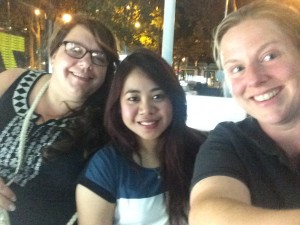
Sarah, Jastine and I in a very hot and humid Barcelona!
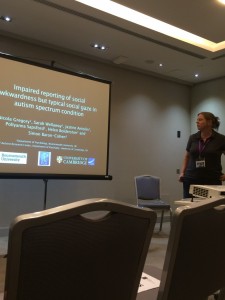
The BPS Cognitive Section Conference: presenting our co-created and co-produced work
The autism branch of the study is almost complete and we hope to have the BPD side of the project wrapped up early in 2017. We presented our preliminary findings at the Festival of Learning this year and at the British Psychological Society Cognitive Section Annual Conference in Barcelona earlier this month. The Fusion award allowed not only me as presenter to attend the conference, but also Sarah and Jastine. It was a great way to end their time on the project as their contracts came to an end.
If anyone is in doubt about the benefits of involving students in their research, and in applying for Fusion funding, I can do no better than to let the students speak for themselves:
“My personal experience of being an RA for this project was invaluable. I have learnt a wealth of information and had first-hand experience in the organisation of a research project from beginning to end. The skills that I have acquired and developed during this time have been innumerable and I have also been given the opportunity to pass such skills to research apprentices. As part of this project I was also lucky enough to be able to attend the annual Cognitive Psychology Conference in Barcelona, which was not only an amazing experience but I also gained excellent tips from many professionals on delivering presentations as well as furthering my knowledge within fields that I had yet to learn about. And did I mention it was in BARCELONA!!” Sarah Wellaway
“It has been a huge privilege to be an RA and be part of a very motivated multidisciplinary team. This experience has expanded my knowledge and has provided me various research skills. It has also provided me opportunity to attend and take part in disseminating our research findings in a BPS conference abroad as well as exchanging ideas with academics who were experts in other psychological sub-fields. Overall, this experience has enabled me to attain personal and professional development, as it has increased my self-confidence and have provided me a set of abilities that will make me more employable in the future”. Jastine Antolin.
From my perspective as PI and an early career researcher, the last year has been incredible. We built a fantastic multidisciplinary team of academics, clinicians and students; we engaged external stakeholders like our participants with autism and the local support groups; we inspired a bunch of students by giving them invaluable experiences and skills for their future careers and on top of all that, conducted some cutting edge research in collaboration with one of the leading autism research centres in the world. It was hard work, but there is no doubt: it was certainly worth it!
Nicola Gregory, Lecturer in Psychology
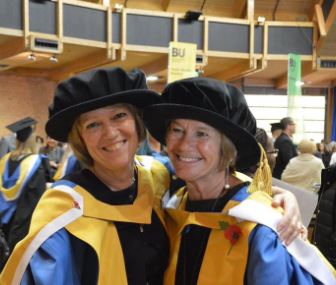 Alongside Bournemouth University’s midwifery and other health and social care students who graduated in last Friday’s ceremony, BU honoured prominent midwife Sheena Byrom OBE with an Honorary Doctorate for her services to the profession. Sheena Byrom gave an inspiring speech at Friday’s Graduation. Sheena said, “If they can keep in their hearts the passion and the drive they had when they first came to the university, it will help them to be more resilient and keep them motivated towards what they want to do. Healthcare is a blend between love and science and both are equally important. In practice, it is key that they have the skills, but the things that makes the difference are love and compassion.”
Alongside Bournemouth University’s midwifery and other health and social care students who graduated in last Friday’s ceremony, BU honoured prominent midwife Sheena Byrom OBE with an Honorary Doctorate for her services to the profession. Sheena Byrom gave an inspiring speech at Friday’s Graduation. Sheena said, “If they can keep in their hearts the passion and the drive they had when they first came to the university, it will help them to be more resilient and keep them motivated towards what they want to do. Healthcare is a blend between love and science and both are equally important. In practice, it is key that they have the skills, but the things that makes the difference are love and compassion.”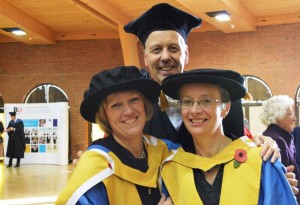 Alongside Sheena two students from the Centre of Midwifery, Maternal & Perinatal Health(CMMPH) graduated with a PhD in Midwifery. Dr. Alison Taylor received her PhD for her qualitative research on breastfeeding. Her thesis is entitled ‘It’s a relief to talk ….’: Mothers’ experiences of breastfeeding recorded on video diaries. Dr. Rachel Arnold was awarded her PhD for her research Afghan women and the culture of care in a Kabul maternity hospital.
Alongside Sheena two students from the Centre of Midwifery, Maternal & Perinatal Health(CMMPH) graduated with a PhD in Midwifery. Dr. Alison Taylor received her PhD for her qualitative research on breastfeeding. Her thesis is entitled ‘It’s a relief to talk ….’: Mothers’ experiences of breastfeeding recorded on video diaries. Dr. Rachel Arnold was awarded her PhD for her research Afghan women and the culture of care in a Kabul maternity hospital. Date: 17th November
Date: 17th November Preterm born babies are at high risk to develop a wide range of complications.
Preterm born babies are at high risk to develop a wide range of complications. The
The 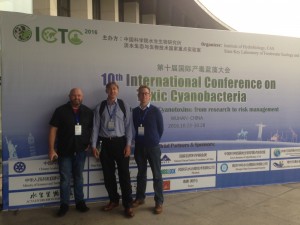
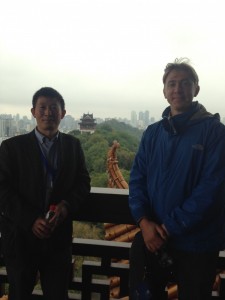
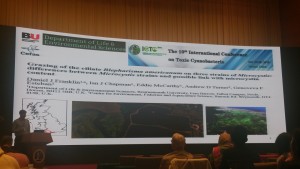
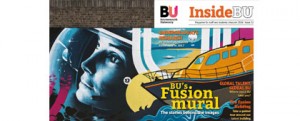 The
The 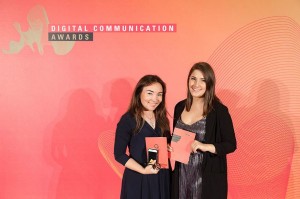 However, the reason for this post was primarily to communicate latest recognition and progress events that both Freya and I were part of.
However, the reason for this post was primarily to communicate latest recognition and progress events that both Freya and I were part of.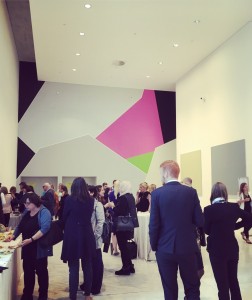
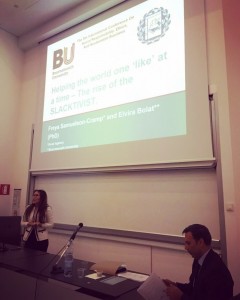
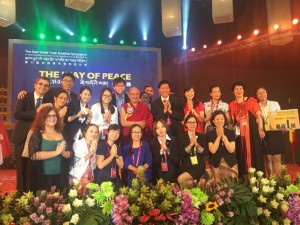 Alexandra Jarrett is a former BU student who is graduating this year from the BA (Hons) Sociology & Anthropology programme in HSS. Prior to taking up her MA studies at the highly prestigious School of Oriental and African Studies (SOAS), Alex was invited to the beautiful northern Thai city of Chiang Mai to present aspects of her final-year dissertation on Buddhist death rituals and beliefs.
Alexandra Jarrett is a former BU student who is graduating this year from the BA (Hons) Sociology & Anthropology programme in HSS. Prior to taking up her MA studies at the highly prestigious School of Oriental and African Studies (SOAS), Alex was invited to the beautiful northern Thai city of Chiang Mai to present aspects of her final-year dissertation on Buddhist death rituals and beliefs.
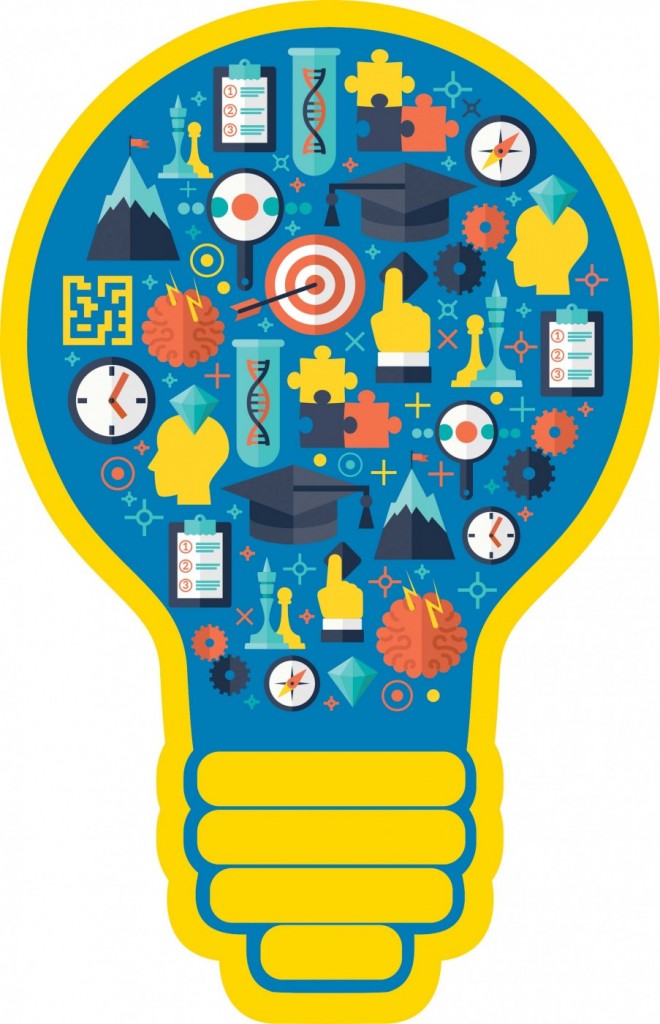







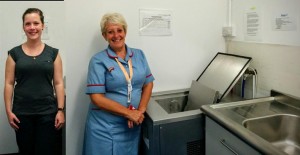 Most of you have probably heard/read about human milk banking by now from me or my previous posts, if not read
Most of you have probably heard/read about human milk banking by now from me or my previous posts, if not read 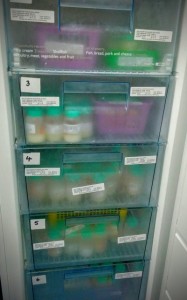
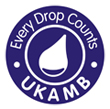 If you would like to find out more about human milk banking in the UK or want to become a human milk donor visit the UK Association for Milk Banking website at
If you would like to find out more about human milk banking in the UK or want to become a human milk donor visit the UK Association for Milk Banking website at  We are often reminded that we should be paying attention to what we eat and making sure we exercise regularly. These recommendations are based on years of research into how diet and exercise can impact our health and well-being throughout the lifespan. However, it’s rare that these two crucial elements are studied together.
We are often reminded that we should be paying attention to what we eat and making sure we exercise regularly. These recommendations are based on years of research into how diet and exercise can impact our health and well-being throughout the lifespan. However, it’s rare that these two crucial elements are studied together.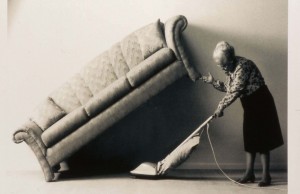











 From Sustainable Research to Sustainable Research Lives: Reflections from the SPROUT Network Event
From Sustainable Research to Sustainable Research Lives: Reflections from the SPROUT Network Event REF Code of Practice consultation is open!
REF Code of Practice consultation is open! BU Leads AI-Driven Work Package in EU Horizon SUSHEAS Project
BU Leads AI-Driven Work Package in EU Horizon SUSHEAS Project ECR Funding Open Call: Research Culture & Community Grant – Apply now
ECR Funding Open Call: Research Culture & Community Grant – Apply now ECR Funding Open Call: Research Culture & Community Grant – Application Deadline Friday 12 December
ECR Funding Open Call: Research Culture & Community Grant – Application Deadline Friday 12 December MSCA Postdoctoral Fellowships 2025 Call
MSCA Postdoctoral Fellowships 2025 Call ERC Advanced Grant 2025 Webinar
ERC Advanced Grant 2025 Webinar Update on UKRO services
Update on UKRO services European research project exploring use of ‘virtual twins’ to better manage metabolic associated fatty liver disease
European research project exploring use of ‘virtual twins’ to better manage metabolic associated fatty liver disease